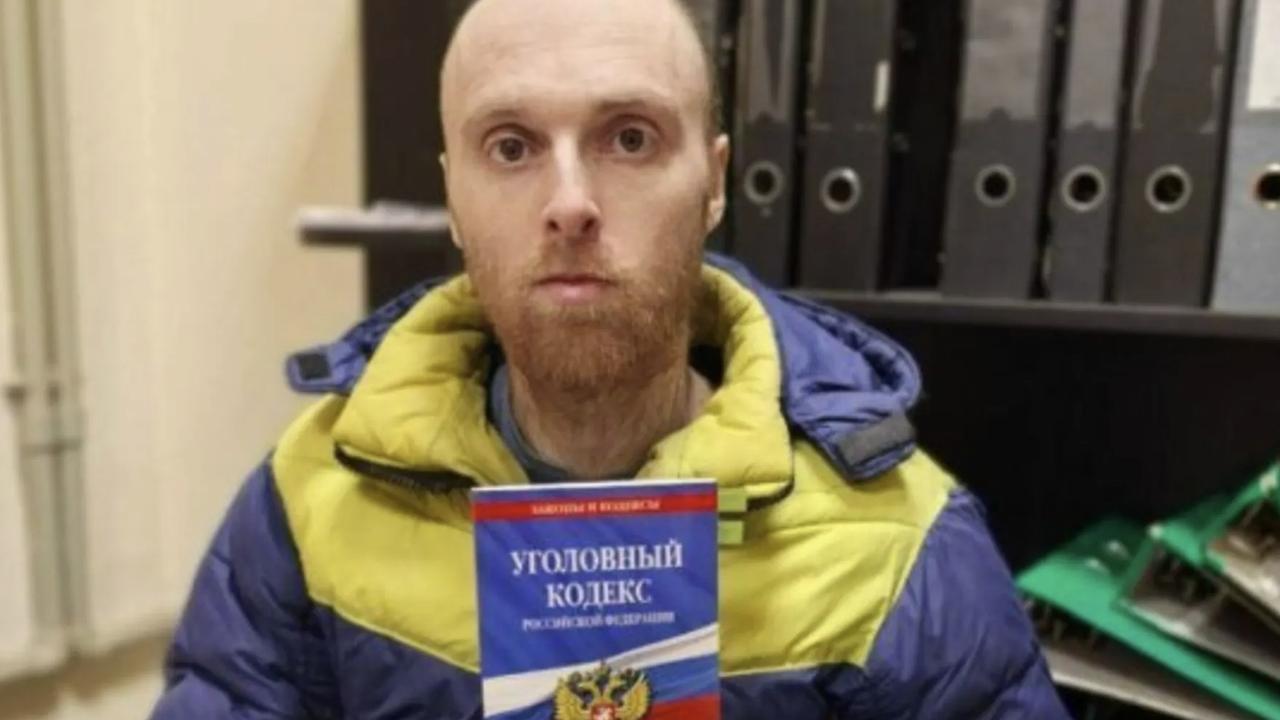'Untouchables' take power in India
A PARTY of "untouchables" took power in India's most populous state today, the first time a political group championing Hinduism's lowest caste has headed a majority government in the country.
A PARTY of "untouchables" took power in India's most populous state today, the first time a political group championing Hinduism's lowest caste has headed a majority government in the country.
The Bahujan Samaj Party (BSP) won 206 seats in the 403-seat assembly in Uttar Pradesh, a northern state home to 170 million people, more that the joint population of Russia and Australia.
The BSP, which has fought for the rights of India's Dalits - formerly untouchables in Hinduism's stratified caste system - surpassed exit and opinion poll forecasts, which said it would be the state's biggest party but fall short of a majority.
Uttar Pradesh, known to be a cauldron of caste and religious politics, saw a surprising voter alliance between Dalits and high-caste Brahmins, which led the BSP to its biggest-ever tally.
The BSP chief, Mayawati, is a fiery Dalit school teacher-turned-politician.
She was sworn in as chief minister today in Lucknow, the state capital, along with 48 ministers, including several upper-caste legislators.
Analysts say BSP - which built its formidable base using harsh anti-upper caste rhetoric - softened its tone for the latest state poll.
It fielded many Brahmin as well as Muslim candidates and forged a wider “rainbow” coalition, reaping a rich electoral harvest by more than doubling the number of its legislators.
Analysts said Brahmins and some Muslims voted for the BSP as they were unhappy with widespread crime and perceived corruption under the regional Samajwadi Party, which lost power.
“We will end the rule of the jungle and send criminals to jail where they belong,” Mayawati, dressed in a pink salwar kameez, said at a news conference in Lucknow.
Analysts said BSP tapped voter anger over law and order.
“Anti-incumbency is not an irrational whim,” columnists Shekhar Gupta wrote in today's edition of the Indian Express.
“In each election, voters choose a predominant factor on which anti-incumbency rides... in Uttar Pradesh this time it was law and order.”
But analysts say Dalits are now leading the political coalition with Brahmins as junior partners, a reversal of decades of political history when the upper castes in national parties propped up Dalit leaders in token politics.
The Congress party, which heads the national coalition, came a poor fourth in Uttar Pradesh, while the Hindu nationalist Bharatiya Janata Party, the country's main opposition, lost many seats and was an embarrassing third.
Mayawati commands almost total support of Dalits in Uttar Pradesh, who constitute about 21 per cent of the state's population.
Dalits are elated by the political clout of Mayawati.
“Other castes have joined her only because of the large strength of Dalits that she commands,” said a Dalit government doctor, who did not want his name made public.
Though Mayawati has become chief minister for the fourth time, this will be the first time her party rules on its own.
Though India has banned any form of discrimination against Dalits, they still face prejudice, social ostracism and violence from upper castes in many rural areas.


